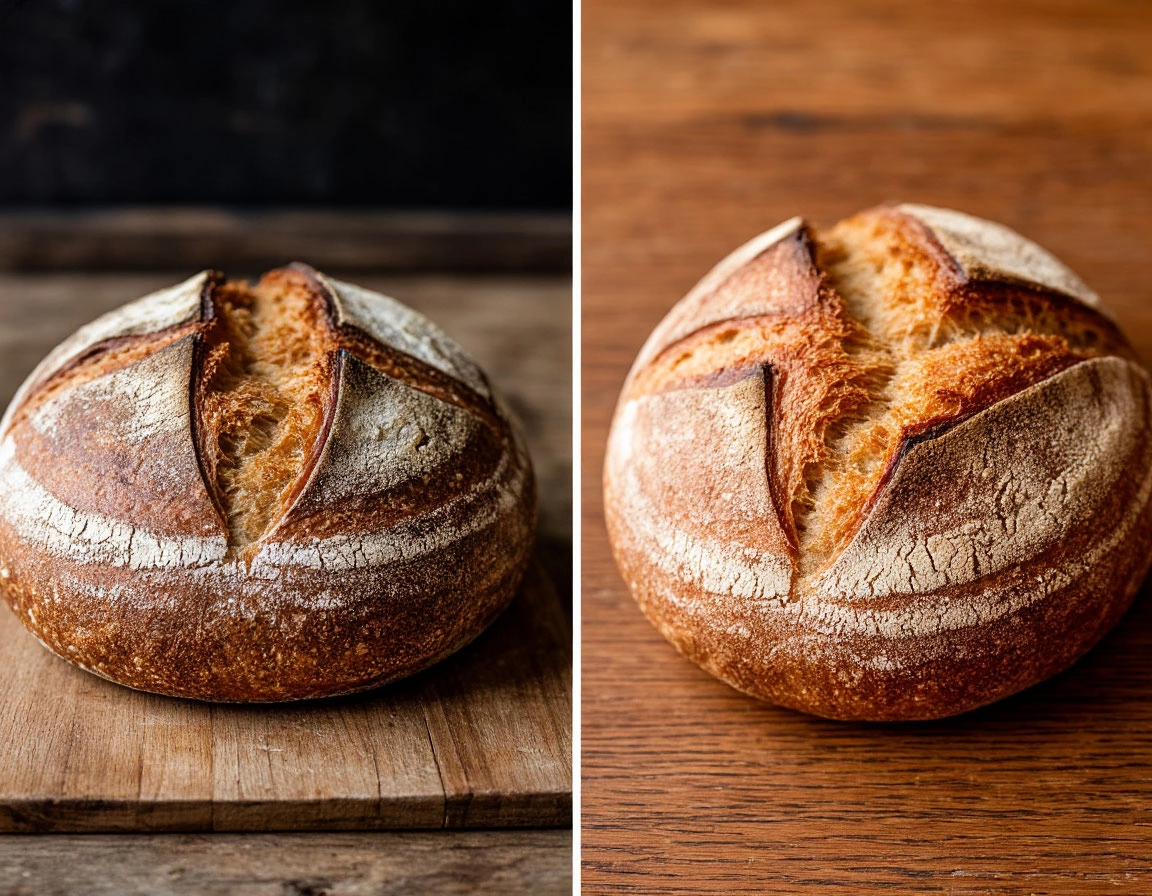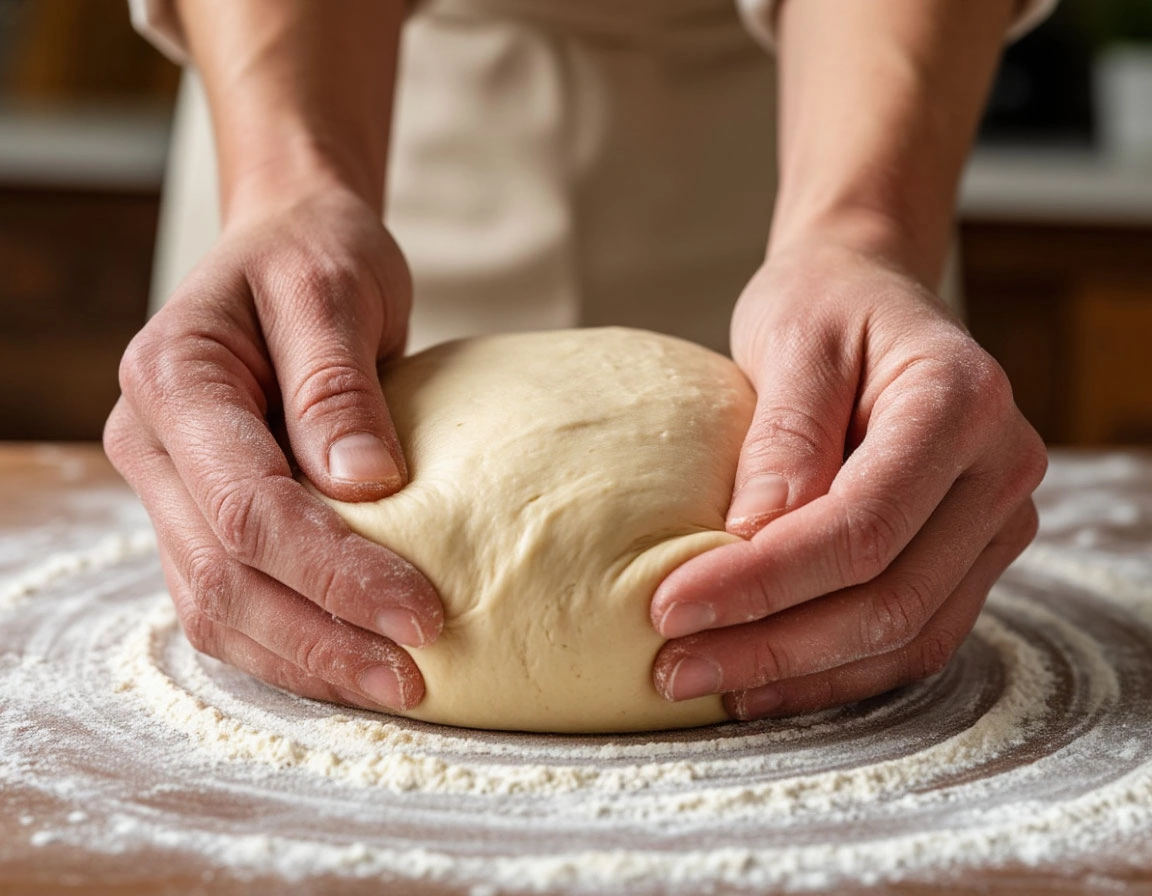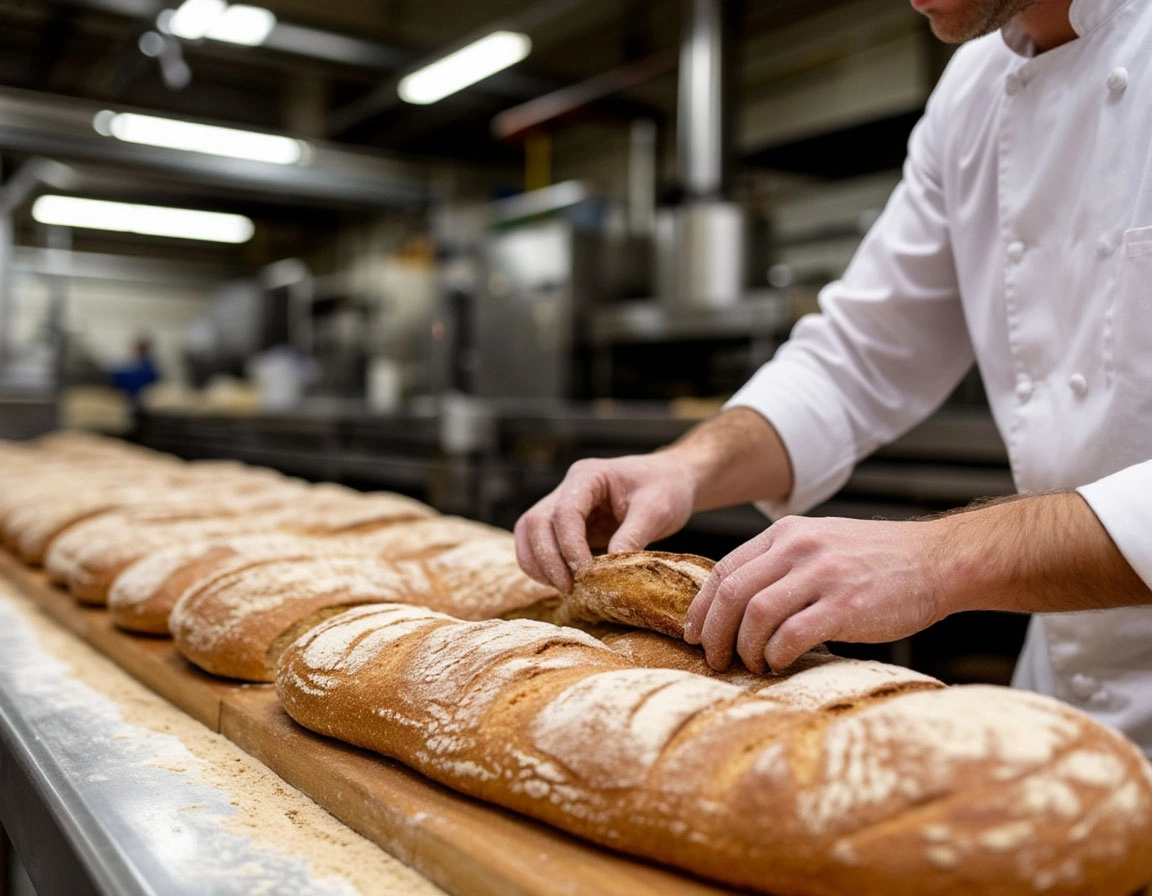🥖 The Hidden Toll of Bread: How Modern Loaves Harm Our Digestive Health
Bread, once seen as a universal staple, is increasingly under scrutiny. Not because grains are inherently harmful, but because modern bread — as it’s produced today — barely resembles the traditional loaves of our ancestors. Consumed daily, it can subtly but persistently disrupt digestive function and contribute to long-term gut issues.
Let’s examine why this is happening, where the shift began, and how today’s grain products differ from their natural origins.

🌾 Bread Wasn’t Always a Human Staple
Humans didn’t evolve eating grains. Early hunter-gatherers thrived on wild fruits, nuts, tubers, and meat. Grains — like wheat and barley — entered the human diet relatively recently, around 10,000 years ago. Even then, they were consumed sparingly, often in coarse, fermented, or partially sprouted forms.
Early humans, observing birds pecking at seeds, may have tried mimicking them — only to find whole grains passed through their bodies undigested. Our digestive systems weren’t built for dense, fibrous kernels without prior processing.
🧬 The Grain Evolution: From Feed to Food
Historically, grain hulls and bran were ground into coarse flour and often fed to livestock. It wasn’t until the 1970s eco-food revolution that fiber-heavy whole grain products were promoted as health foods. While plant-based fiber from fruits and vegetables is excellent for digestion, not all grain-based fiber is created equal.
The push for whole grain breads overlooked a critical point: many cereals are inherently hard to digest, especially in large amounts and without proper fermentation or soaking. They can strain the digestive system — especially modern variants.
🧪 Gluten: The Sticky Protein with a Bad Reputation
At the heart of bread-related gut issues lies gluten — a protein composite found in wheat, rye, and barley. Its name comes from the Latin word for “glue,” and it lives up to that. When dough is kneaded, gluten creates the elastic structure that traps air bubbles and gives bread its bounce.
However, modern wheat contains up to three times more gluten than traditional strains. This change wasn’t accidental — it was driven by agricultural breeding to make dough more elastic and bread more visually appealing. Soft, fluffy loaves sell. And high-gluten flour makes industrial baking faster and cheaper.
But what’s easier for manufacturers can be harder for your gut. Gluten acts like glue in your digestive tract, and while many people tolerate it, others experience bloating, inflammation, and irregular digestion.

🔬 Not Just Gluten: The Rise of “Insect-Fighting” Wheat Proteins
Surprisingly, gluten isn’t the only suspect. Research by Professor Detlef Schuppan at the University of Mainz uncovered a lesser-known culprit: amylase-trypsin inhibitors (ATIs). These proteins were introduced into high-yield wheat strains to protect crops from pests.
While effective against insects, these proteins can trigger immune responses in human guts, even among people without celiac disease or gluten sensitivity. Essentially, we’re eating bread designed for shelf life and pest resistance — not human digestion.
🍞 Why Industrial Bread Is a Gut Burden
Let’s recap the main issues with modern bread:
- Overprocessed grains with minimal nutrient content
- High gluten levels causing digestive stress
- New proteins (ATIs) unknown to our biology
- Lack of fermentation, which previously broke down hard-to-digest elements
- High-speed baking that leaves little time for natural enzymatic changes
Many breads today are more industrial product than food. Their structure is engineered for mass production, not digestive health.

💡 What’s the Alternative?
While it’s not necessary to banish all bread, being selective makes a big difference. Opt for:
- Slow-fermented sourdoughs made with ancient grains
- Sprouted grain breads, which reduce antinutrients
- Gluten-free alternatives (if sensitive), made from buckwheat, rice, or millet
- Limiting portion sizes and frequency of consumption
Also, watch how your body reacts. If you feel sluggish, bloated, or mentally foggy after bread-heavy meals, consider a break. Your digestive system might be asking for something easier to handle.
Close